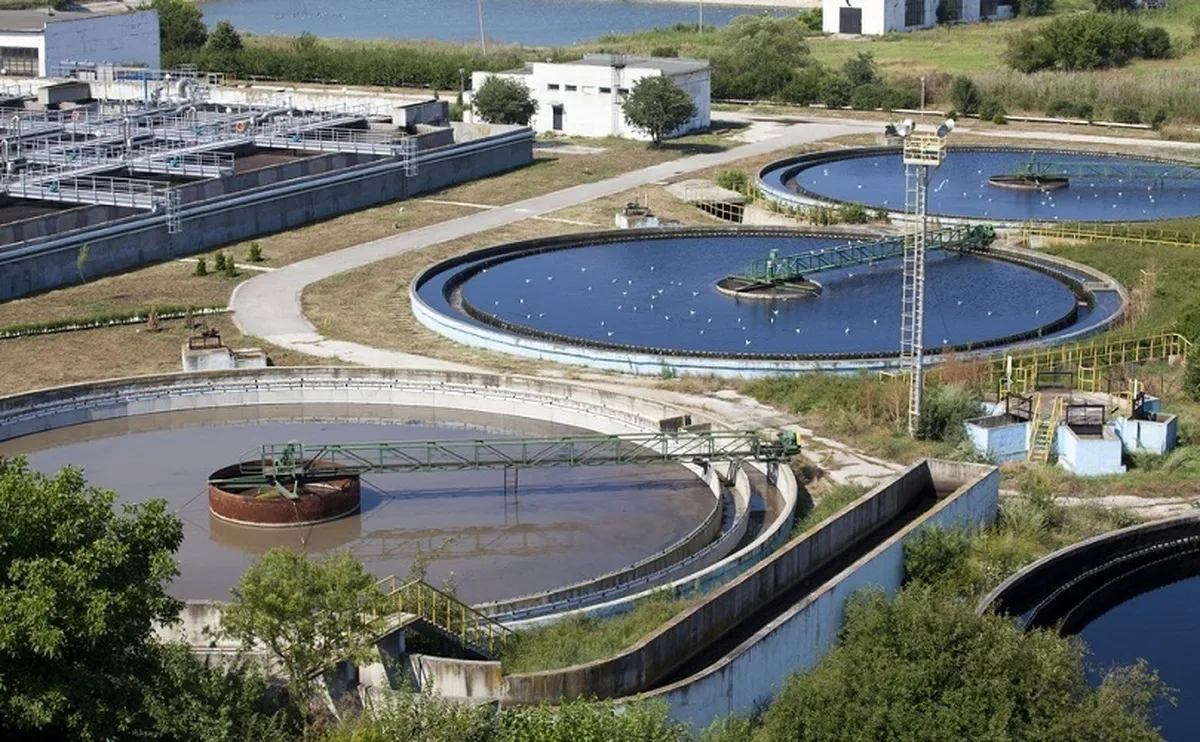Iran-Made Nanomembranes Remove Oil, Petroleum from Wastewater

“Among the various water purification methods, membrane filtration technology has gradually attracted more attention due to its many features, including low energy consumption, ease of operation, low space requirement, high removal efficiency, and lower operating costs,” said Mohammad Reza Shakiba, a PhD graduate of Amirkabir University of Technology.
“Membrane filtration separates pollutants from water based on membrane pore size and particle size. The pollutant is removed from one side of the membrane and the purified solution from the other side. In the filtration mechanism, membranes act as a barrier between two phases in the filtration process, allowing chemicals to selectively move from one side to the other,” he added.
“During filtration, the water pressure and pollutant removal rate are greatly affected by the wettability of the membrane surface, which includes hydrophobic, hydrophilic and smart surfaces with variable wettability, and electrospun membranes with selective superhydrophilic or hydrophobic properties can be produced by changing the geometrical and chemical structure of the membrane surface,” Shakiba said.
In a relevant development last year, researchers at an Iranian company managed to produce ceramic nanomembranes with application in purification of water from microbes.
“Danesh Pajouhan Sanat Nano company has numerous knowledge-based products in the field of ceramic nanomembranes and is the first producer of nanostructured ceramic membranes in Iran,” said Ali Akbar Babalou, the managing director of Danesh Pajouhan Sanat Nano company.
He added that the ceramic nanomembranes produced by his company can produce healthy drinking water free from any microbial contamination.
Babalou underlined that his company produces disc filtration systems used instead of filter press in mining, tile and ceramics industries, stone cutting, etc., industrial wastewater treatment and recycling systems, household water treatment systems, systems for removing microbial load and drinking water turbidity, and gray water treatment and recycling systems for car washing and carpet cleaning firms, swimming pools, hotels and recreational centers.
4155/v





















